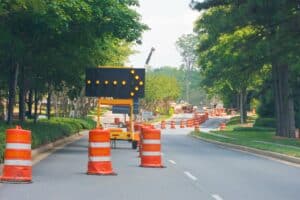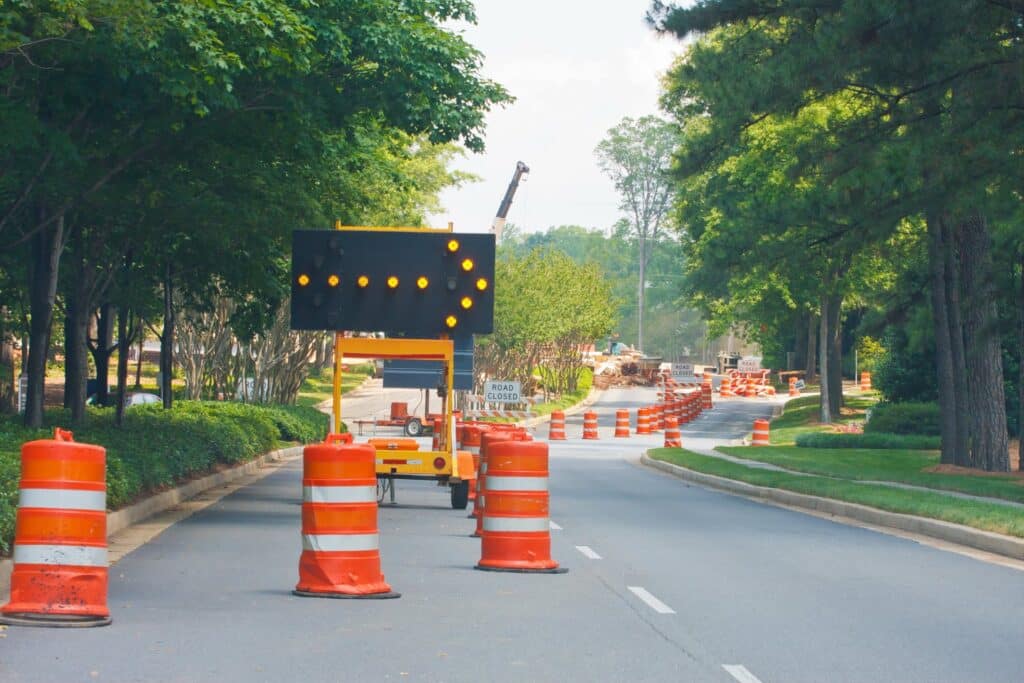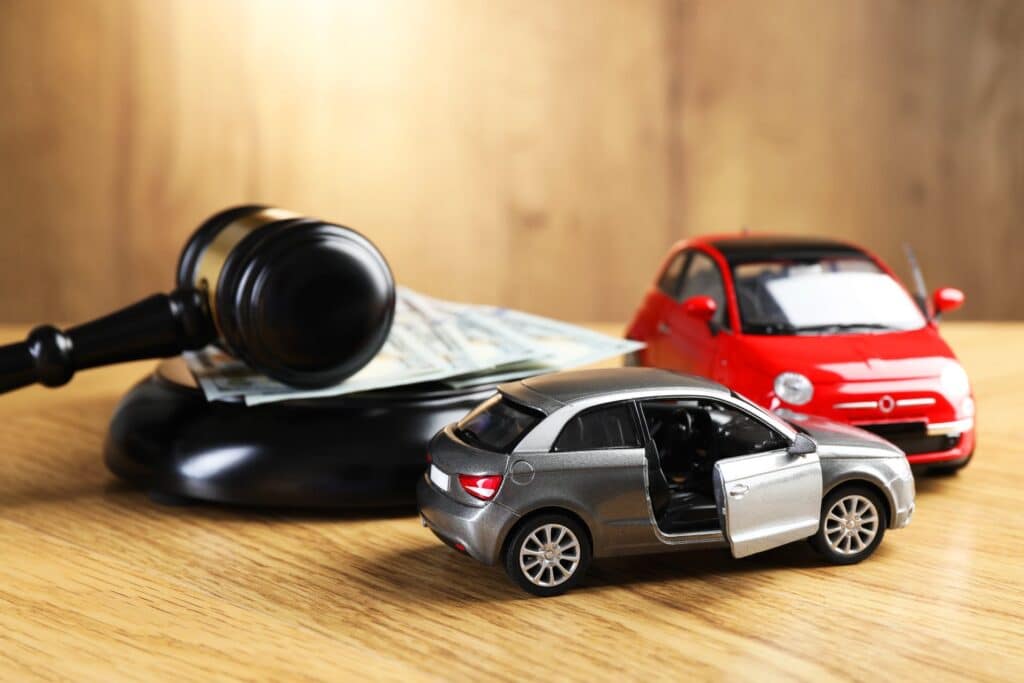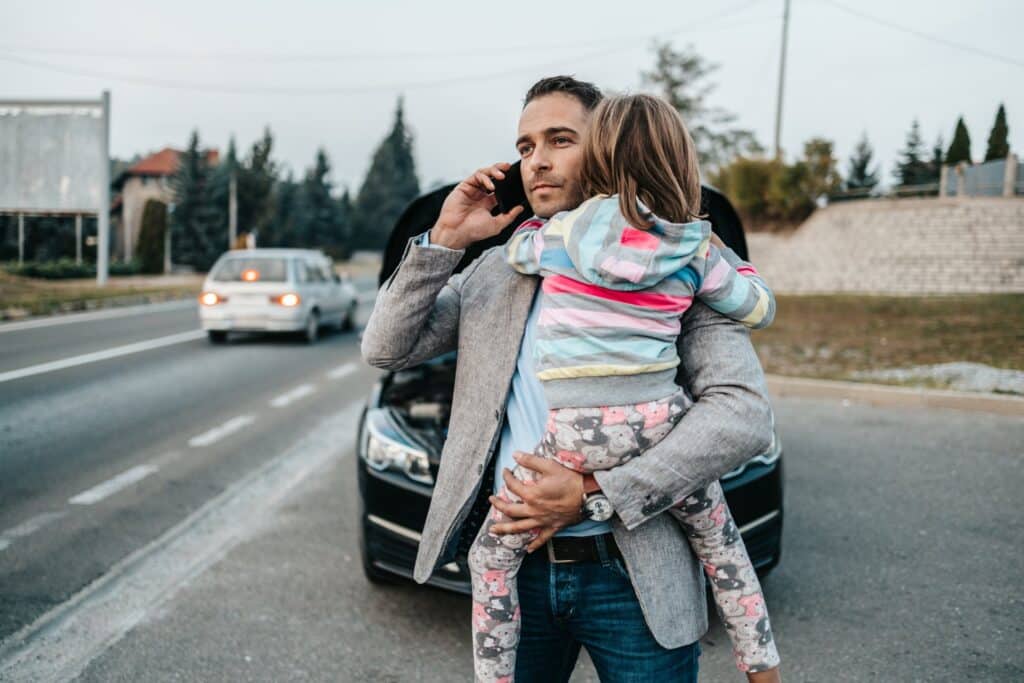With self-driving cars becoming more and more popular, self-driving car accidents are also becoming more prevalent. This is a natural progression as more people are starting to use these vehicles. The problem with this is that the legal implications of self-driving car accidents can be quite complex, depending on the situation.
If you were the victim of a self-driving car accident, you will need help approving liability. This can be easier said than done since different liability factors come into play when an autonomous vehicle is involved.
At NBF Accident Law, we fight purposefully to help our clients get the compensation they deserve. We prioritize listening to our clients and representing them with courage and integrity to get the best possible outcome. So, keep reading to find out more about self-driving car accidents in Washington.
Examples of Self-Driving Car Accidents
A new report shows that between July 2021 and May 2022, there have been 392 reports of self-driving car accidents. Out of these accidents, there were six reported deaths and five serious injuries.
There was also a recent incident where a GM’s Cruise dragged a pedestrian after failing to respond in time. This incident resulted in 950 driverless cars being recalled due to issues with the vehicle’s software.
Recent reports involving self-driving cars have shown that human error is usually to blame in these accidents. Oftentimes, drivers fail to understand what their responsibility is behind the wheel or do not understand how the vehicle is supposed to be operated.
What Causes Self-Driving Car Accidents?
If you are the victim of a self-driving car accident, you need to hire an auto accident attorney to represent your case. Because of the nature of these vehicles, proving who is at fault is a bit more complex, and more information is required to build your case.
A large part of creating a substantial case to prove liability in one of these car accidents is showing what caused the accident. This will help determine whether the accident was a result of the vehicle itself or the driver.
Human Error
As we mentioned above, many self-driving car accidents are the result of human error. The driver may not understand how the car works, which can result in them trusting the software too much and not paying attention to the road.
There are also instances where the driver may be driving recklessly, which puts everyone else at risk. This includes ignoring stop signs and signals, not giving the right of way, and speeding.
Drivers should also maintain awareness when using autonomous vehicles so they can step in if necessary.
Technical Errors
Self-driving cars are designed to run in an automated way, reducing the responsibilities that the driver has. The problem with this is that there may be defects or technical errors that impact how the vehicle runs. If this is the case, it can result in the vehicle not responding the way that it should, causing an accident.
Examples of technical errors for automated vehicles include things like:
- Incorrect software design
- Operating errors
- Sensor and detection mechanism failure
- Hacked software and security
These are errors that can result in faulty mechanisms, such as airbags, seatbelts, and electrical systems. Software errors can also cause the vehicle to not reduce its speed, turn, avoid unsafe lanes, or activate turn signals in time.
Malfunctions
Anything that is designed to be automated has the possibility of malfunctioning. There may have been an error when the vehicle was created, creating malfunctions with different sensors and software features. These features may have malfunctioned later on due to poor manufacturing or if the vehicle was not regularly checked out.
Who Is Liable in a Self-Driving Car Accident?
Proving liability in an auto accident involving a self-driving car can become quite difficult. Unlike other car accidents, there are other factors that impact what caused the accident and who is at fault. For instance, it may not have been the driver‘s fault if there was something wrong with the vehicle or it did not respond correctly.
If the accident was due to malfunction or technical errors, liability could fall on the manufacturer of the vehicle. But if it is proven that the error was human-caused, the fault would fall on the driver.
To prove liability, your personal injury attorney will need to include several things in your case, such as:
- Accident report
- Witness statements
- Video footage
- Vehicle data
- Dashboard camera
- Photos of the crash scene
Legal Implications of Autonomous Vehicles
Aside from the potential risk of autonomous car accidents, there are also legal implications that must be considered. An example of this is the ethical ramifications of vehicles that do not require a human driver.
Autonomous vehicles must be programmed to make split-second decisions to avoid auto accidents. The problem with this is that there may be instances where the program must choose between two undesirable outcomes, leading to ethical questions. Who is responsible for the consequences of the decision-making algorithms?
Determining the fault between human error and technical error can also become quite muddled when looking at autonomous vehicles. The driver may be technically at fault if they did not understand how the vehicle ran. However, at the same time, there may not have been enough clarification or education about how to safely operate the vehicle.
Hire an Auto Accident Attorney at NBF Accident Law Today
Getting into an accident with a self-driving vehicle can feel very overwhelming, especially when it comes to proving liability. This is a more complex situation where uncovering every detail is vital for your case if you want to receive compensation.
At NBF Accident Law, we fight to achieve the best possible result for victims of accidents by fighting for them with purpose, listening better, being available and communicative, and representing our clients with courage and integrity. We understand the complexities of autonomous vehicle accidents and can help you get the compensation you deserve.
For legal representation from one of our experienced auto accident attorneys, contact us today at 206-923-8888 to schedule a consultation.







